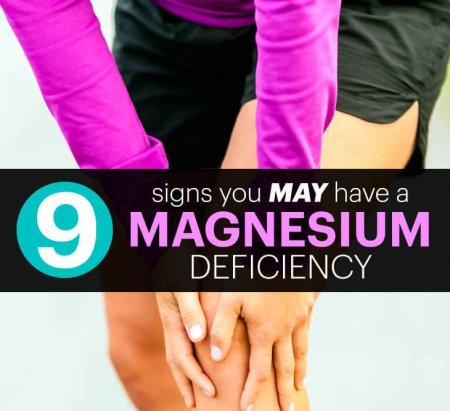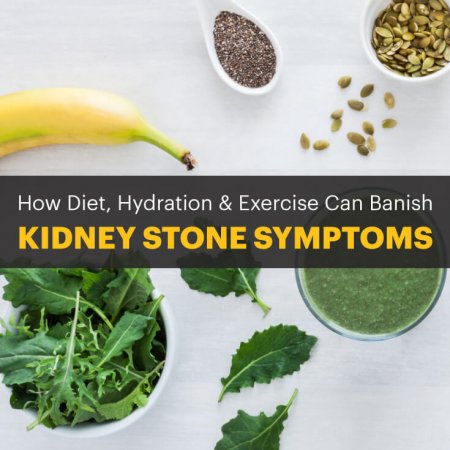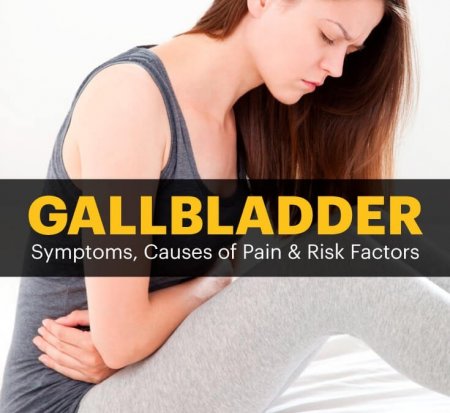Magnesium is arguably the most important mineral in the body.
According to Norman Shealy, MD, PhD, an American neurosurgeon and a pioneer in pain medicine, “Every known illness is associated with a magnesium deficiency and it’s the missing cure to many diseases.” Not only does Magnesium help regulate calcium, potassium and sodium, but magnesium is essential for cellular health and is a critical component of over 300 biochemical functions in the body.
Even glutathione, your body’s most powerful antioxidant that has even been called “the master antioxidant,” requires magnesium for its synthesis. Unfortunately, most people are not aware of this, and millions suffer daily from magnesium deficiency without even knowing it.


